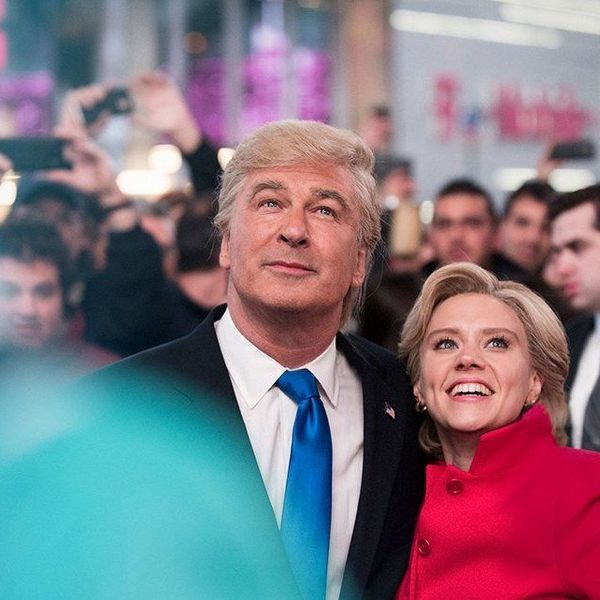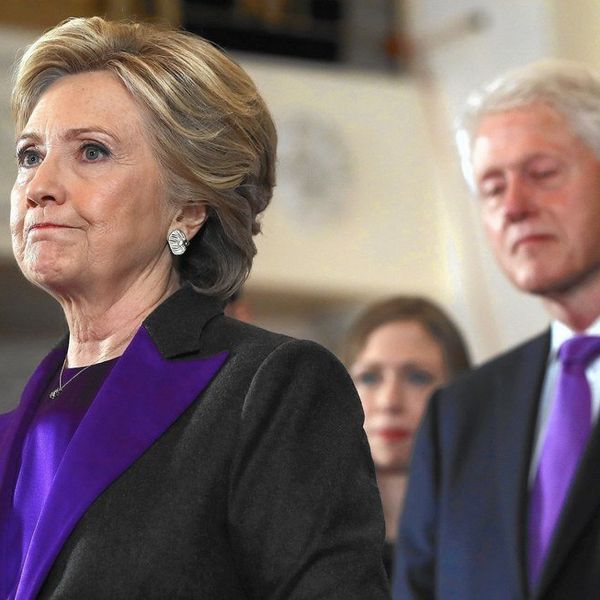Journalists could go on and on about how unprecedented 2016’s presidential election has been (and indeed, many have whether it’s NPR’s list of 65 ways this year is different or the New York Time’s history lesson quiz), but one of the most interesting fields in this game-changer of a year is political advertising.
I touched on this briefly in my article over endorsements, but as the political climate dramatically changed, so did society’s reaction to it. There are, of course, the usual attack ads shown in battleground states, promos paid for by conservative- or liberal-aligned groups and as continued from the past couple elections, a plethora of sharing them all on social media.
However, celebrities seem to be coming out of the woodwork to highlight key issues and stress the importance of voting (notably, also for the right candidate, which is apparently Hillary Clinton) via creative videos and songs. Here are a handful garnering the most attention:
Joss Whedon’s Save the Day series of videos promoting Hillary Clinton.
And, a less than friendly response to it commonly called “Thanks Famous Actors.”
30 Days, 30 Songs “for a Trump-free America.”
Lin-Manuel Miranda’s trio of voting PSAs utilizing the hashtag #Ham4Vote, since it features the “Hamilton” musical cast.
Lena Dunham’s #ImWithHer video includes testimonies from Dunham and many other Hollywood actresses on why they are voting for the Democratic nominee.
Kathy Griffin’s “Mirrors” parody video that takes a NSFW spin on Clinton’s ad.
And last but not least, any and all of the SNL political sketches. Saturday Night Live may not directly state these comedy bits take a pro-Clinton approach, but as Donald Trump tweeted after one of their mock debates aired, there is clearly a liberal bias in the clips. Whether that appears simply because of an exaggeration of Trump’s own behavior versus Clinton’s, who’s to say…?
(Okay, so maybe all of this is bad news for Trump and his supporters.)
With only a week until Election Day, the important takeaway now is how much these endorsements actually matter. Obviously, the goal of pouring so much time and money into these projects is the hope that they have a significant, positive impact. But researchers have come to mixed conclusions. MSNBC’s article from earlier this year questioning their worth determines “ultimately the value of the endorsement comes down to the individual celebrity.” This Daily Beast’s piece more or less agreed with that statement, and found their polling on endorsement effectiveness really depends on the demographic.
Regardless, celebrity ads gain traction like few traditional campaign videos can because there isn’t pressure to appeal to as wide of an audience; there’s more freedom in what to say and how to say it, which as seen, leaves plenty of room for humor in an otherwise serious election. And when it comes to unpaid, positive press, what candidate can be upset about that?





















